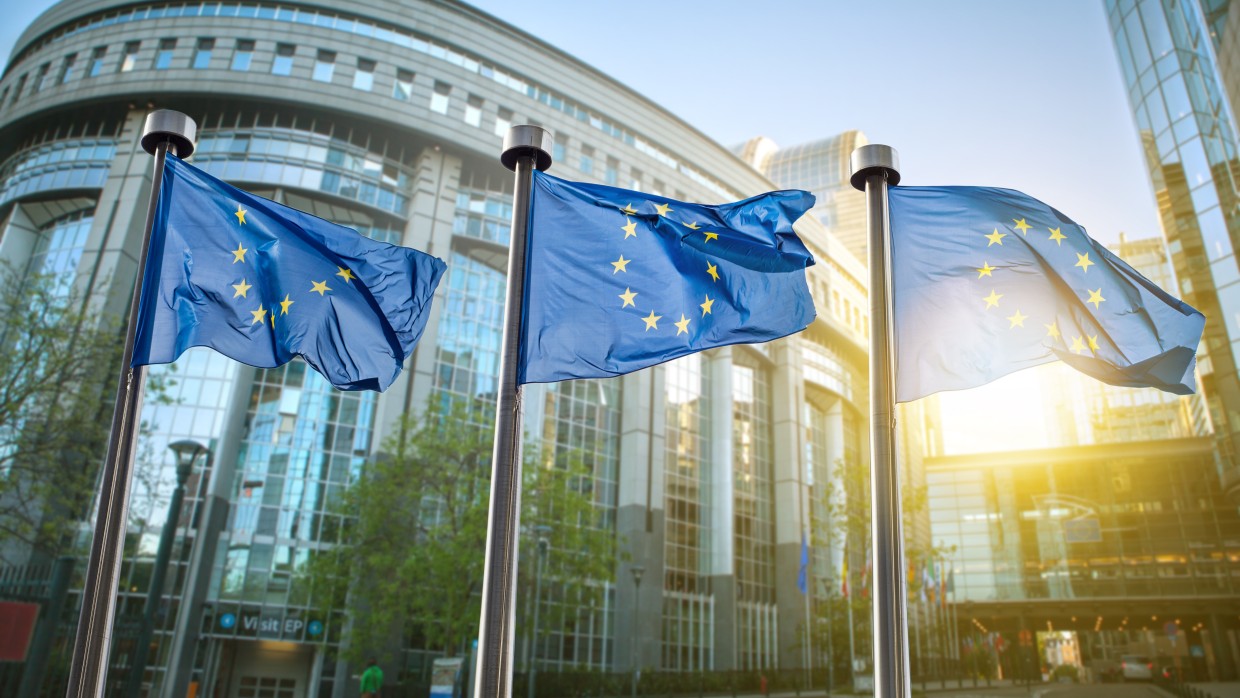News
News
The Fight Against Greenwashing
Ensuring the Future Credibility of Eco-Friendly Product Claims for European Consumers
The European Commission is stepping up its measures against greenwashing. It is hoping for approval of the communal criteria set out in the regulations on "Green Claims", which are designed to make it easier for consumers to tell if a product or service is environmentally friendly. Companies are also expected to benefit from the guidelines, as they can then compete for consumers using "real" information without being disadvantaged by other manufacturers' dubious greenwashing claims.
Most Environmental Claims Are Misleading or Unfounded
A study in 2020 by the European Commission classified over 53 per cent of the claims it evaluated as misleading and 40 per cent as unfounded. In future, companies will be required to comply with guidelines on product or service claims relating to the environment and how they are communicated. Examples quoted by the commission include claims such as "packaging made from 30 per cent recycled plastics" or "ocean-friendly sun protection". In future, this type of declaration will need to be independently verified and scientifically proven, and comparisons between products will have to be based on comparable data.
Stricter Regulation of Environmental Labels
Moving forward, the use of environmental labels will also be regulated, the study explains. Currently, there are at least 230 such quality labels, which is the source of much confusion for consumers, the European Commission reports. Any new public labels will only be approved if they have been developed at the EU level. Private labels will be required to meet higher standards and be approved before they can be marketed. The overall aim is to ensure environmental labels are reliable, transparent, independently verified and regularly monitored.
The recommended regulations are currently going through the European legislative process. If they are agreed upon by the European Parliament and the European Council, they can then be adopted by the member states. Then, legislators in the member countries go on to decide whether and to what extent the new regulations can be integrated into existing laws.
Source: European Commission

